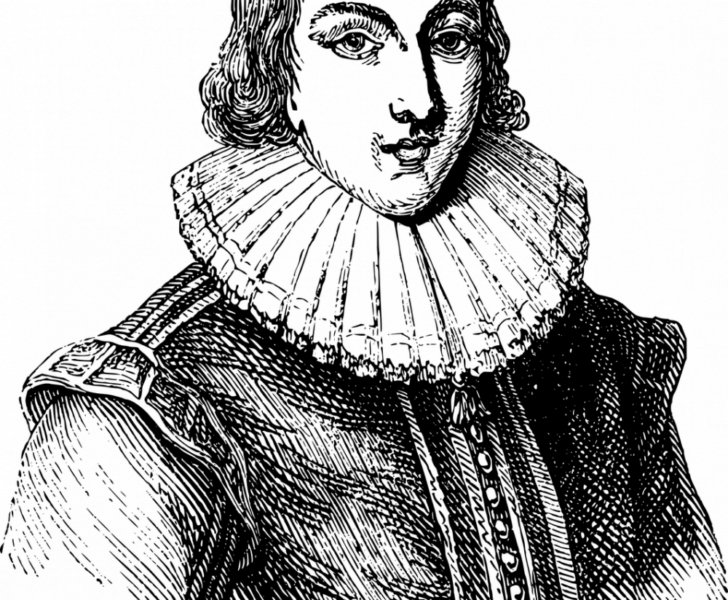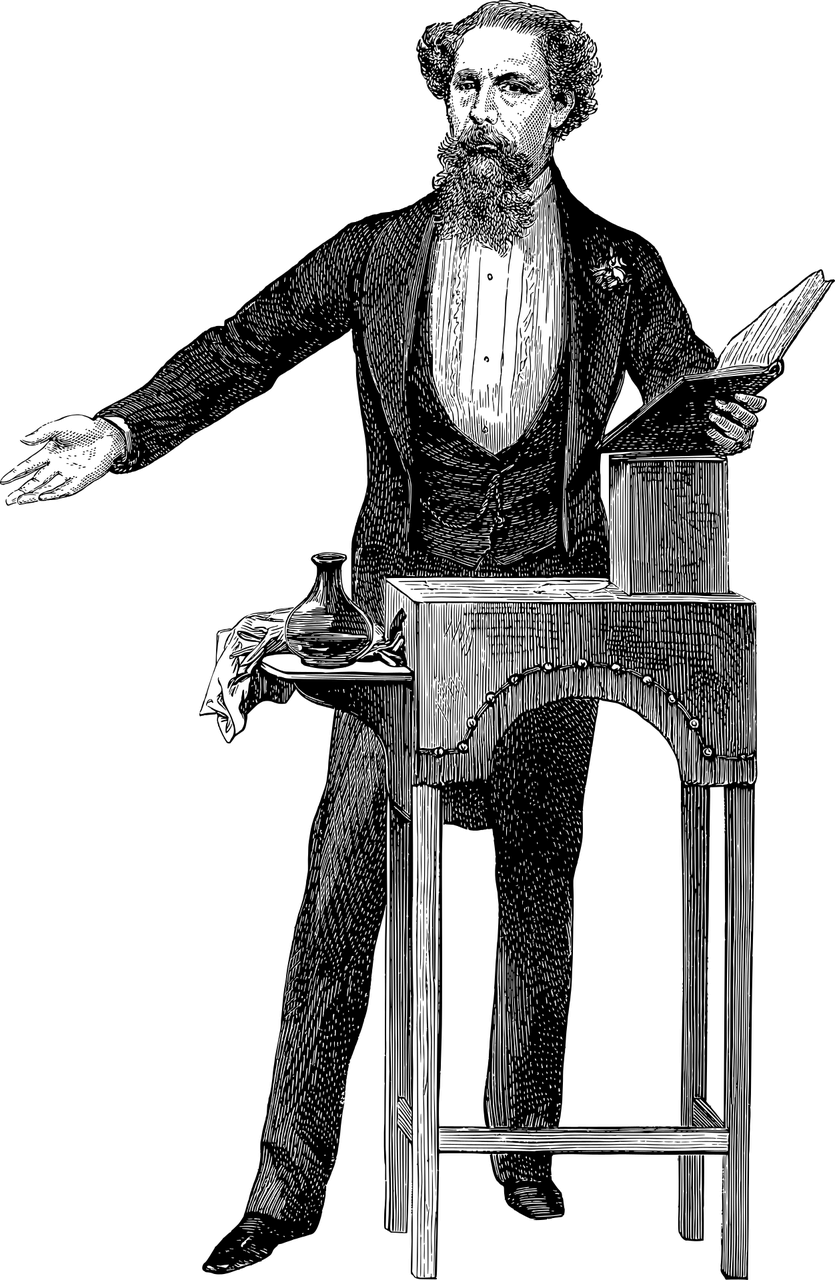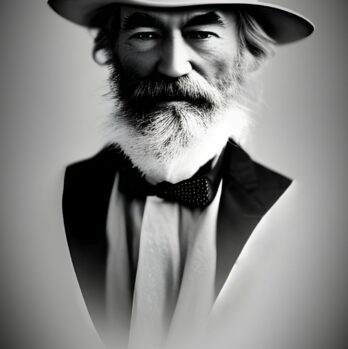George Orwell: An in-depth look into the life and works of a literary genius

Introduction:
George Orwell, born Eric Arthur Blair on June 25, 1903, was a renowned British author and journalist of the 20th century. His thought-provoking novels, essays, and journalism have left an indelible mark on the literary world, tackling themes such as totalitarianism, social injustice, and the power dynamics of society. In this comprehensive article, we will delve into Orwell’s life, his evolution as a writer, and the enduring relevance of his work.
I. Early Life and Influences:

Orwell’s upbringing played a significant role in shaping his worldview and the themes he would later explore in his writing. Born in Motihari, Bengal (now Bihar, India), Orwell spent his early years in a colonial setting, where he witnessed the oppressive nature of British imperialism firsthand. This exposure to injustice and inequality would later inspire his critically acclaimed novel, “Burmese Days.”
Orwell’s education at prestigious institutions such as St. Cyprian’s and Eton further molded his thinking. The rigid hierarchies and class divisions prevalent in these institutions fostered his skepticism towards authority and his sympathy for the underprivileged.
II. Orwell’s Literary Career:
a. Early Works:
Orwell’s literary career began with his experience as a police officer in colonial Burma, which served as a catalyst for his collection of essays, “Shooting an Elephant.” In this poignant account, Orwell reflects on the moral dilemma faced by an individual forced to uphold an oppressive system.
His first novel, “Down and Out in Paris and London,” draws from his own experiences as a struggling writer living among the destitute in these cities. Through vivid descriptions and raw emotions, Orwell exposes the poverty and exploitation that often go unnoticed.
b. Political Activism:
Orwell’s commitment to social justice and his disdain for totalitarianism led him to actively engage in politics. He fought alongside socialist anarchists during the Spanish Civil War and documented his experiences in “Homage to Catalonia.” This firsthand experience with the brutalities of war reinforced his opposition to authoritarian regimes, evident in novels like “Animal Farm” and “1984.”
c. Major Works:
1. “Animal Farm”:
Orwell’s allegorical novella, “Animal Farm,” is a scathing critique of the Soviet Union under Joseph Stalin. Through the portrayal of farm animals rebelling against their human oppressors, Orwell exposes the corrupting influence of power and the betrayal of revolutionary ideals. The novel’s famous line, “All animals are equal, but some animals are more equal than others,” remains a powerful indictment of oppressive regimes.
2. “1984”:
Considered one of the most influential dystopian novels of all time, “1984” paints a chilling picture of a totalitarian society where Big Brother controls every aspect of citizens’ lives. Orwell’s vivid portrayal of surveillance, censorship, and the manipulation of language has had a lasting impact on the understanding of political control and the erosion of individual freedoms.
III. Orwell’s Legacy and Relevance Today:
Despite being published over half a century ago, Orwell’s works continue to resonate with readers worldwide. His astute observations of power dynamics, propaganda, and the manipulation of truth remain highly relevant in today’s society.
Orwell’s prescient warnings about the dangers of authoritarianism and the surveillance state have become even more pertinent in the age of technology. In an era where privacy is increasingly compromised, and misinformation proliferates, his writings serve as a crucial reminder of the fragility of democracy and the importance of vigilance.
Conclusion:
George Orwell’s impact on literature and political discourse cannot be overstated. Through his powerful storytelling, he exposed societal injustices and warned against the dangers of totalitarianism. His ability to incisively dissect human nature and political systems continues to captivate readers and inspire generations.
As the world grapples with issues of censorship, surveillance, and the erosion of individual liberties, Orwell’s work remains a testament to the enduring power of literature to provoke thought and challenge the status quo. By shining a light on the dark corners of society, Orwell continues to inspire us to question authority and fight for a more just and equitable world.











